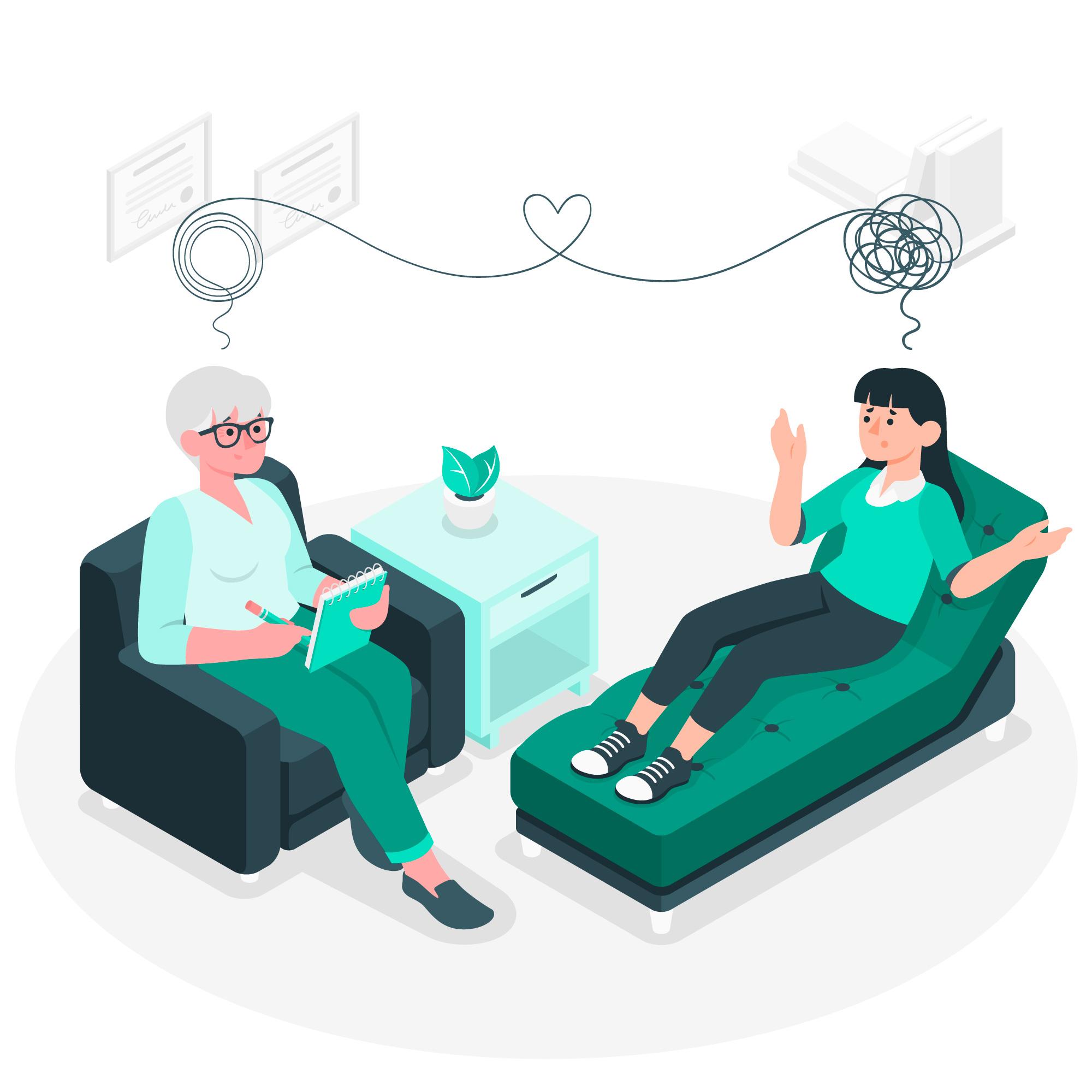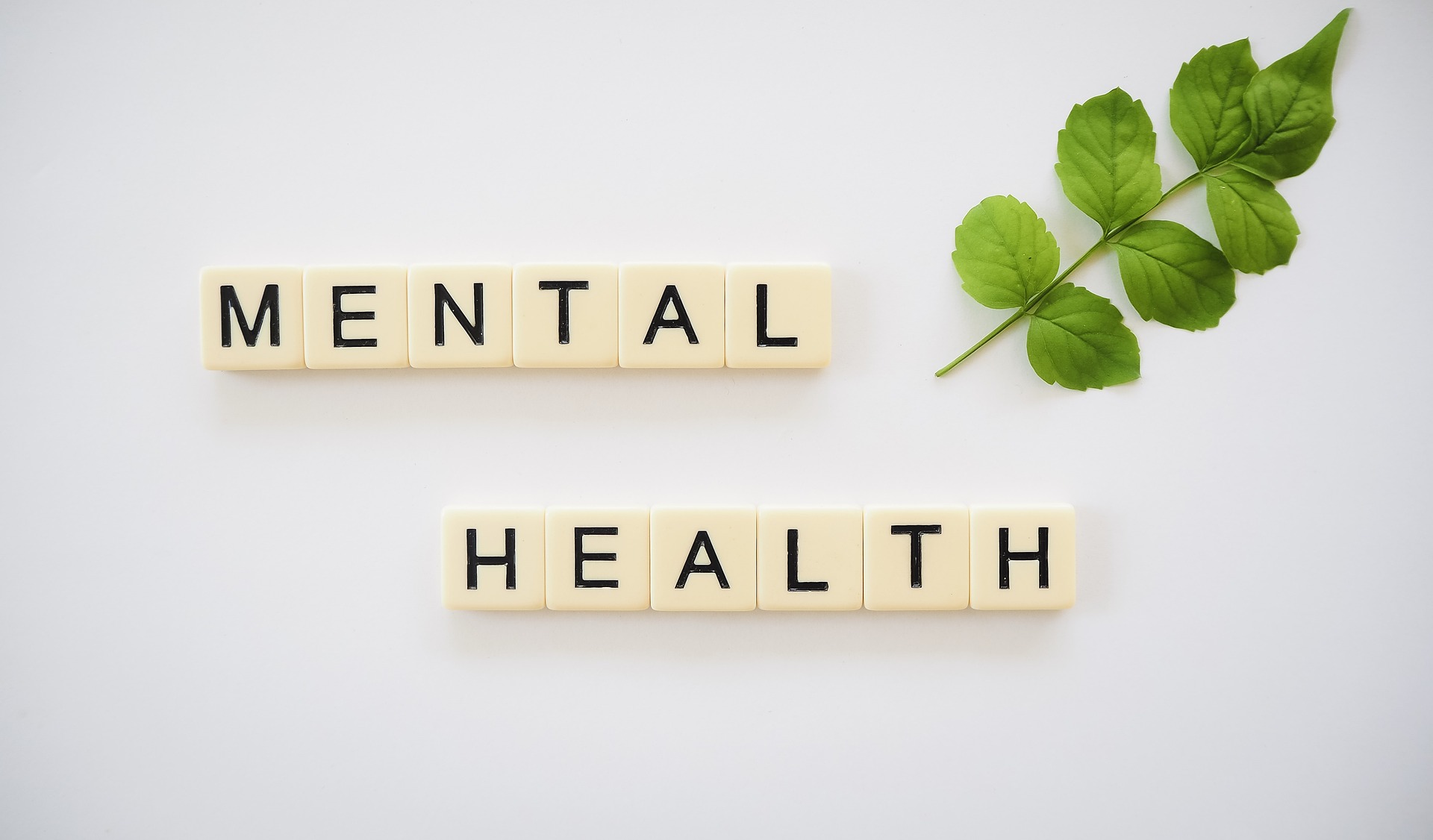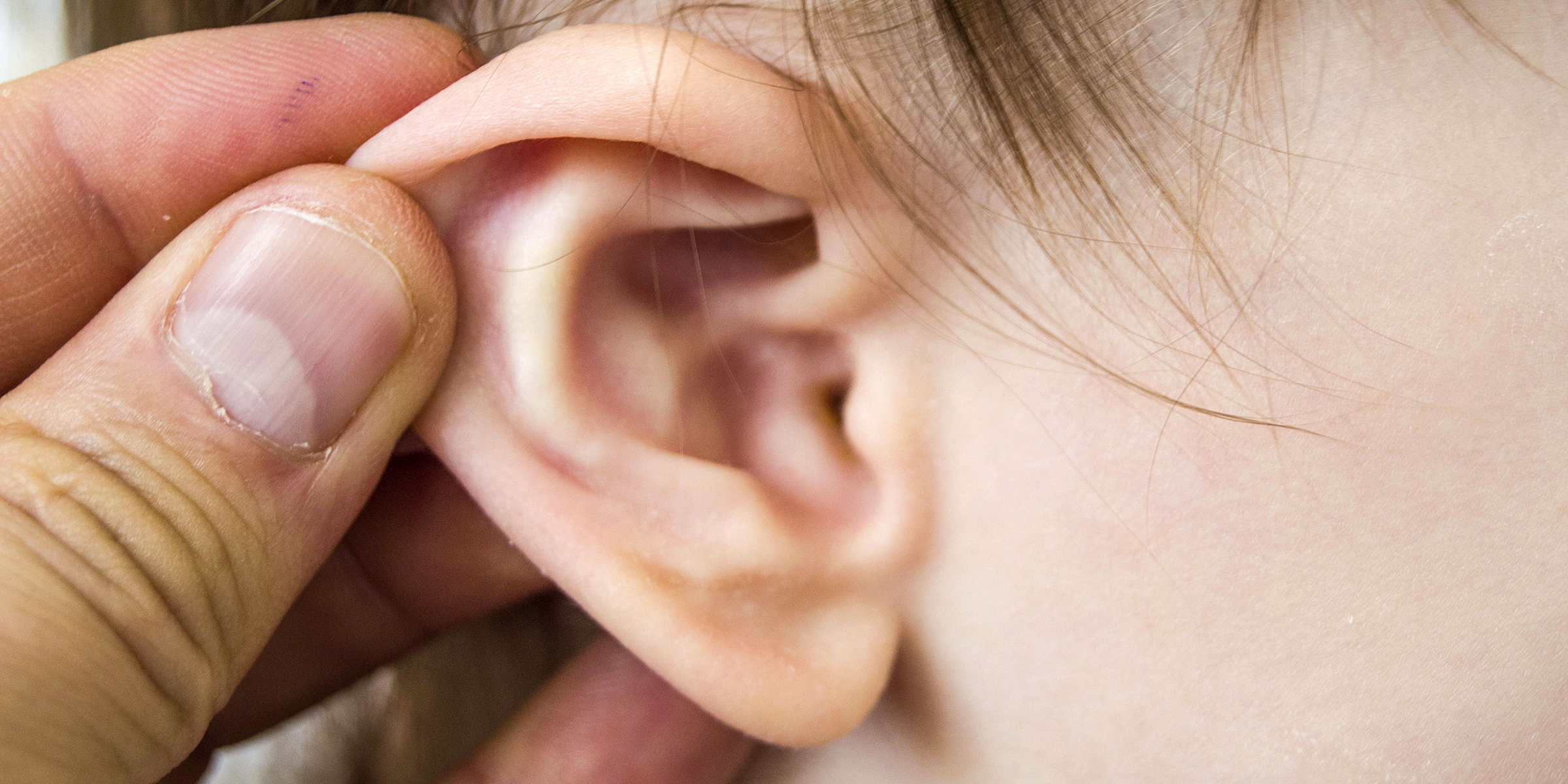Anxiety is a normal human emotion that we all experience at some point in our lives. It’s the feeling of worry, nervousness, or unease about something that may or may not happen. While it is a natural response to stressful situations, anxiety can become overwhelming and interfere with our daily lives. This raises the question: is anxiety a mental illness?

Anxiety can be a mental illness. In fact, it is one of the most common mental health disorders, affecting millions of people worldwide.
Anxiety disorders can range from generalized anxiety disorder (GAD), which causes excessive worry and fear about everyday events, to panic disorder, which causes sudden and intense feelings of fear and terror.
According to the American Psychiatric Association, anxiety disorders are characterized by “excessive fear, anxiety, and related behavioral disturbances.” These disturbances can significantly impact an individual’s daily life, making it difficult to carry out routine tasks and causing significant distress.
Medical doctors and scientists also recognize that anxiety can be a normal human emotion in response to stress. However, when anxiety becomes persistent and begins to interfere with daily life, it may be a sign of an anxiety disorder that requires treatment.
The symptoms of anxiety can vary, but they often include physical symptoms such as heart palpitations, sweating, and trembling. Psychological symptoms can also manifest, such as persistent worrying, irritability, and difficulty concentrating. These symptoms can be severe enough to disrupt daily life, making it difficult to carry out routine tasks and causing significant distress.
It’s important to note that not all anxiety is a mental illness. Everyone experiences anxiety from time to time, and it can be a helpful emotion in some situations. However, if anxiety is persistent and begins to interfere with your daily life, it may be a sign of an anxiety disorder.
Treatment for anxiety disorders can include therapy, medication, or a combination of both. Cognitive-behavioral therapy (CBT) is a common form of therapy used to treat anxiety, which helps individuals learn coping mechanisms and strategies to manage their symptoms. Medications such as selective serotonin reuptake inhibitors (SSRIs) are often prescribed to help alleviate symptoms of anxiety.
In conclusion, anxiety can be a mental illness. While it’s a natural response to stress, persistent anxiety that interferes with daily life can be a sign of an anxiety disorder. With the right treatment, anxiety disorders can be managed effectively, allowing individuals to lead fulfilling and productive lives. It’s important to seek help if you or someone you know is experiencing symptoms of anxiety that are impacting their quality of life.
- “Anxiety Disorders.” National Institute of Mental Health, U.S. Department of Health and Human Services, 2021, https://www.nimh.nih.gov/health/topics/anxiety-disorders/index.shtml.
- “Anxiety Disorders.” Mayo Clinic, Mayo Foundation for Medical Education and Research, 2022, https://www.mayoclinic.org/diseases-conditions/anxiety/symptoms-causes/syc-20350961.
- “What Are Anxiety Disorders?” American Psychiatric Association, 2022, https://www.psychiatry.org/patients-families/anxiety-disorders/what-are-anxiety-disorders.
- “Anxiety Disorders.” MedlinePlus, U.S. National Library of Medicine, 2022, https://medlineplus.gov/anxiety.html.
- “Anxiety Disorders.” Centers for Disease Control and Prevention, 2021, https://www.cdc.gov/mentalhealth/learn/anxiety.html.
These sources provide a comprehensive overview of anxiety disorders, including their symptoms, causes, and treatment options. They are all reputable and reliable sources of information, and I encourage readers to explore them further if they have any additional questions or concerns.



